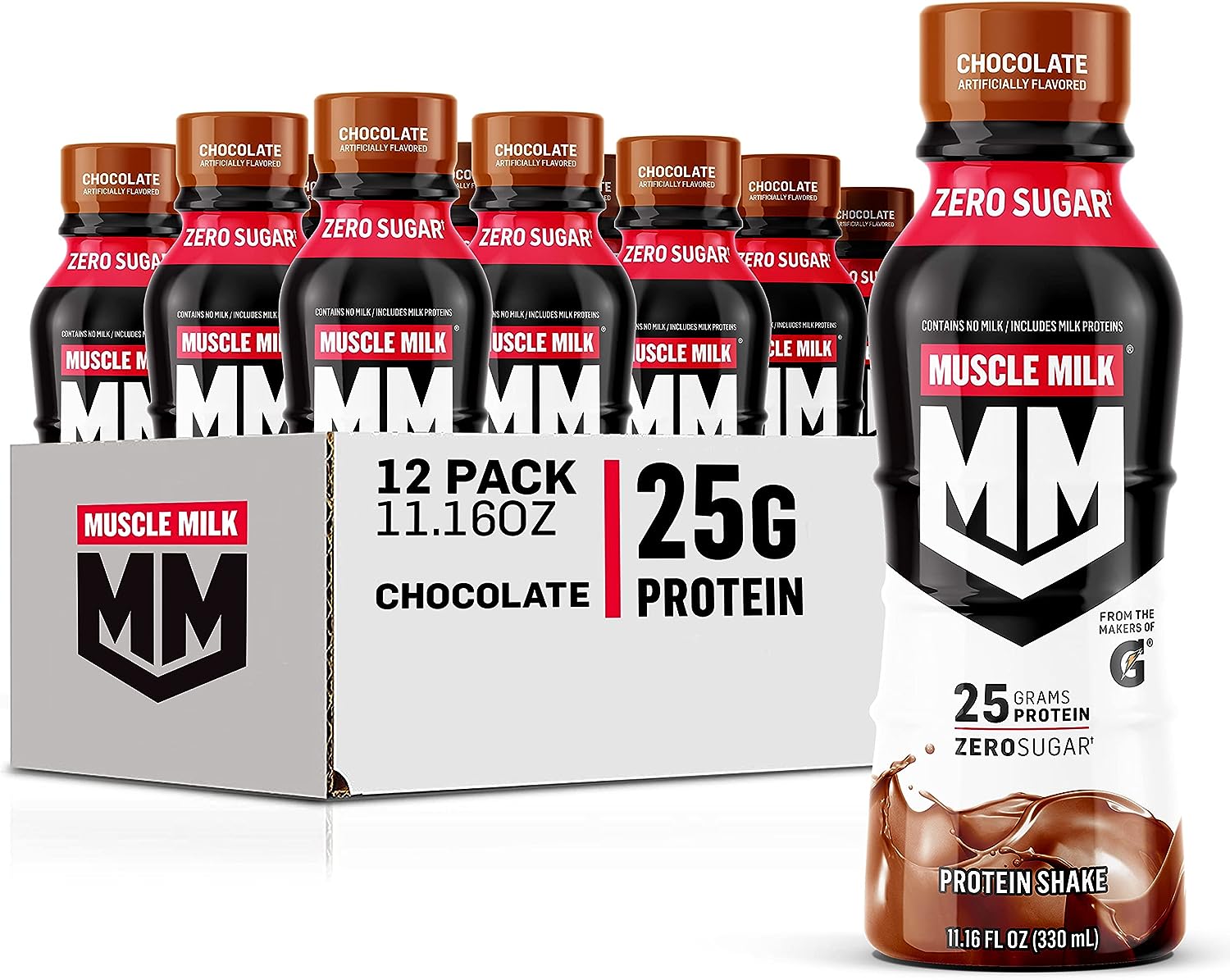The ketogenic diet, commonly known as keto, has gained significant attention in recent years, particularly for its potential benefits in weight loss. However, when it comes to endurance athletes, the question remains: Is keto a viable option for enhancing performance? In this article, we’ll explore the science behind the keto diet and its impact on athletic performance, particularly for endurance athletes.
Understanding the Keto Diet
The keto diet is characterized by a very low carbohydrate intake, typically less than 50 grams per day, coupled with a high fat intake. This dietary approach forces the body to switch from using carbohydrates as its primary energy source to burning fat, producing ketones that can fuel the body and brain. While this metabolic shift can be appealing for weight loss, its application in athletic performance, especially for endurance athletes, is more complex.
The Allure of Keto for Endurance Athletes
Endurance athletes often find the idea of keto attractive due to the body’s vast fat reserves, which can theoretically provide a seemingly endless supply of energy. This could potentially allow athletes to avoid “bonking” or hitting a wall due to depleted glycogen stores. However, the reality is more nuanced.
The Science Behind Keto and Performance
When individuals severely restrict carbohydrate intake, the body adapts to using fat as its primary fuel source. While this adaptation can occur, it comes with several drawbacks. For one, the oxygen cost of exercise increases, as it requires more oxygen to release energy from fat compared to carbohydrates. This means that, at best, athletes may achieve similar performance levels to those on a high-carb diet during steady-state exercise.
Moreover, the keto diet lacks the necessary fuel for metabolic pathways that enable rapid bursts of high-intensity activity. This is particularly important for endurance athletes who need quick energy surges, such as the final sprint at the end of a race. Without sufficient carbohydrates, these bursts become challenging to achieve.
The Transition to Keto
Adopting a keto diet requires a significant commitment and adaptation period. During this time, athletes often experience symptoms such as headaches, brain fog, fatigue, irritability, constipation, and difficulty sleeping. These symptoms, collectively known as the “keto flu,” can severely impact performance and overall well-being.
The Verdict from Sports Dietitians
Given the challenges and potential drawbacks, sports dietitians generally do not recommend the keto diet for endurance athletes. The cost and commitment required to adapt to keto, combined with the potential for lower performance levels or, at best, similar performance to a high-carb diet, make it a less-than-ideal choice for athletes seeking peak performance.
While the keto diet may have its place in certain contexts, such as weight loss, it is not superior for enhancing performance in endurance athletes. The body’s reliance on carbohydrates for high-intensity bursts and the increased oxygen cost of burning fat make it a less efficient fuel source for athletic activities. Instead, a balanced diet rich in carbohydrates, proteins, and healthy fats remains the gold standard for supporting optimal performance and recovery.

























